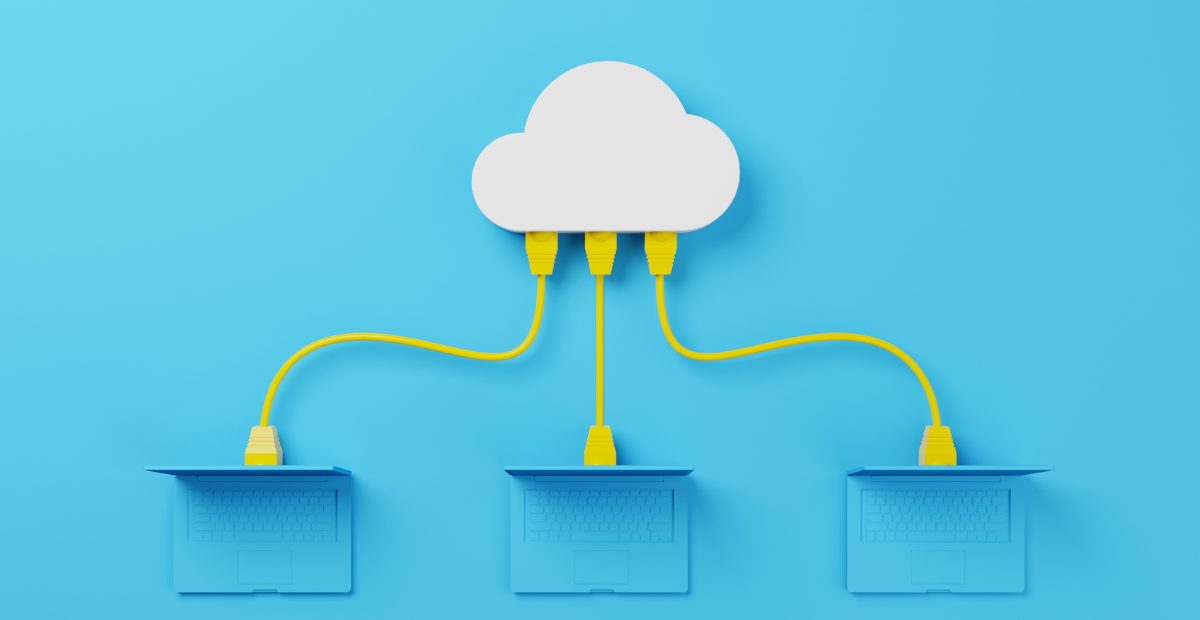Cloud computing is a popular technology that has revolutionized the way businesses operate. This technology offers numerous advantages that have made it a preferred choice for many organizations.
However, as with any other technology, cloud computing also has its disadvantages. In this article, we will explore the advantages and disadvantages of cloud computing.
Table of Contents
Advantages of Cloud Computing
Allows Fast Testing
The process of testing applications needs a significant amount of time and resources, which can slow down the software development process.
Cloud computing providers offer a range of tools and services that businesses can use to automate their testing processes, improving the speed and efficiency of their testing.
This speed and efficiency of cloud computing ensure that mobile testing is fast and can deliver swifter release cycles and exceptional user experiences. Businesses can then release their applications faster, improving their competitive position in the market.
Scalability
Another advantage of cloud computing is scalability. Businesses can easily scale their operations up or down as needed without having to worry about buying new hardware or software.
This flexibility makes it easier for businesses to respond to changing market conditions and customer demands.
Accessibility
Cloud computing also makes it easier for businesses to access their data and applications from anywhere in the world. This is particularly useful for businesses with remote workers or employees who need to access data while on the go.
Security
Cloud computing providers invest heavily in security measures to protect their customers’ data. This means that businesses can benefit from advanced security measures without having to invest in expensive security systems themselves.
Disadvantages of Cloud Computing
Dependency
One of the biggest disadvantages of cloud computing is that businesses become dependent on their cloud provider. If the provider experiences an outage or goes out of business, businesses may be left without access to their data and applications.
Limited Control:
Another disadvantage of cloud computing is that businesses have limited control over their data and applications. This can be a concern for businesses that have strict regulatory requirements or need to maintain control over their data for other reasons. \
Connectivity
Another disadvantage of cloud computing is the dependence on internet connectivity. Cloud computing relies on an internet connection to access data and applications, and if the internet connection is slow or unstable, it can lead to reduced productivity and downtime.
Cost
While cloud computing can be cost-effective, it is not always the cheapest option. Businesses may need to pay for additional services or upgrades to meet their specific needs. Additionally, some providers may charge fees for accessing data or applications.
Final Words
Cloud computing has transformed the way businesses operate, offering numerous advantages over traditional IT infrastructure. However, businesses must also be aware of the potential disadvantages of cloud computing.
It is important for businesses to carefully evaluate their needs and the capabilities of different cloud providers to determine whether cloud computing is the right choice for their business.
By carefully considering the advantages and disadvantages of cloud computing, businesses can make an informed decision about whether to adopt this technology.

